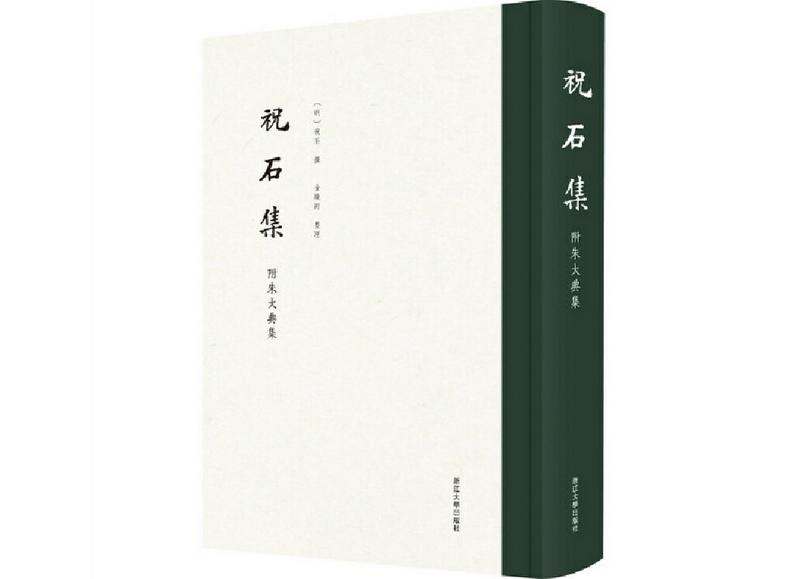Zhejiang University Press published the book Zhu Shi Collection (With an Appendix of the Zhu Dadian Collection) (2024) about Catholicism in the late Ming and early Qing dynasties.
Feng Wenchang, Zhu Shi, and Wu Li were all Catholics and remnants of the early Qing dynasty, according to Chinese Christian Studies. Having close contacts with missionaries and Catholics, Zhu Dadian was recommended by Xu Guangqi (a Catholic Chinese scholar-official) to assist in calendar reform along with Jin Sheng, later martyred.
Zhu Shi (1602–1686), a famous scholar during the Ming and Qing dynasties, traveled between prominent officials and literati as a wandering scholar. He was highly respected for his talents, writings, medical skills, and Western learning. He also devoted himself to the localization of Western learning, showing a tendency to integrate Confucianism and Christianity, with Christianity supplementing Confucianism. He hand-copied the Treatise on the Soul and had close exchanges with well-known Jesuits such as Lodovico Buglio, Ferdinand Verbiest, and Martino Martini. Martino Martini dictated and Zhu Shi refined the well-known Treatise on Friendship. The two extant works of Zhu Shi, Record of Knowing How to Learn Properly and On Hopeful Swallows (these two are not sure), which are both manuscript copies, have not attracted attention from the academic community until now.
This book is the first attempt to organize his work.
The works of Zhu Dadian, a famous anti-Qing general, have been lost. Since Zhu Shi was a student of Zhu Dadian, this book also includes Zhu Dadian's works collated from the genealogy of the Zhu Family in Tanxi, as well as documentary materials collected from varied sources. It is of value for understanding the military, political, and social conditions in the Shandong and Jiangnan regions during the late Ming dynasty.
- Translated by Abigail Wu












